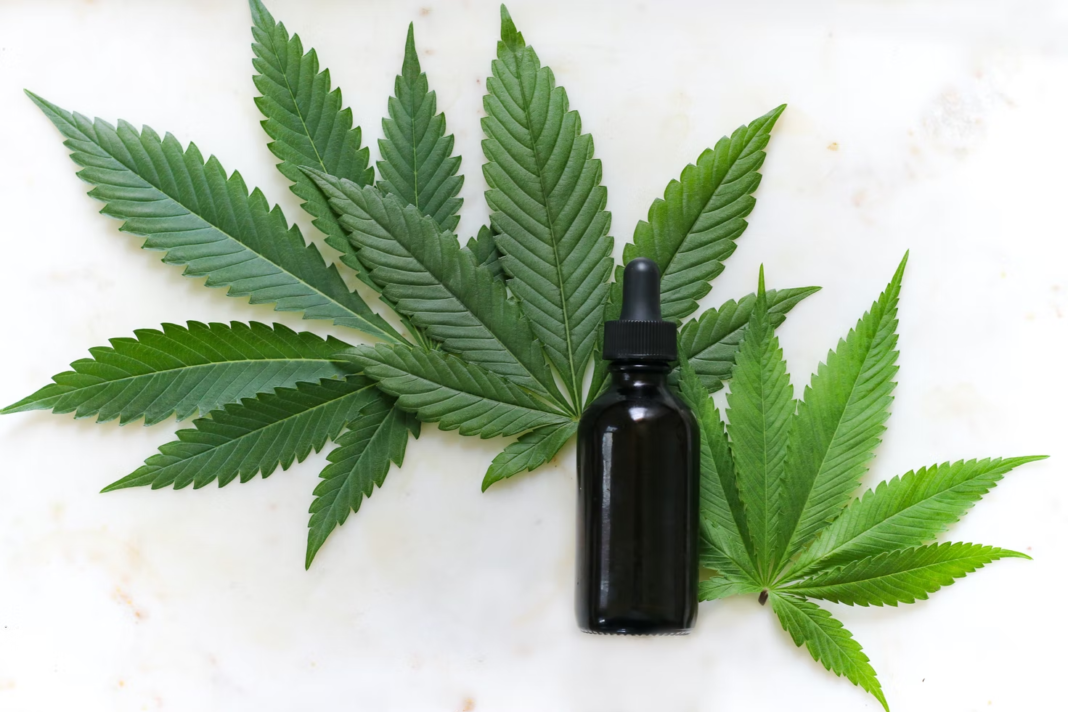As cannabidiol has recently dominated the market, its products likely piqued your interest. It’s no wonder people use this substance in many supplements. With cannabidiol infusing all kinds of products, manufacturers are expanding their reach, and people seem to love it since this substance offers a lot.
Before buying this supplement, you may want to research and get all the facts straight about it. It is how responsible shoppers make their purchasing decisions, and that you are here means you are reliable and ready to learn.
Recently, cannabidiol has received a lot of attention, so, understandably, you are curious about one of its products. To decide whether CBD tinctures suit you, it would help to learn a lot about them. As you continue reading, you will discover a few facts about these products that you must know before deciding whether to purchase them. With that said, let’s get started.
What are CBD Tinctures?
CBD tinctures are liquid dietary supplements that contain highly potent cannabidiol. They are made by steeping CBD-rich hemp flowers in grain alcohol for several hours, then cooking them on low heat. The gold standard is alcohol, although vinegar and glycerin are also acceptable alternatives.
They then add a carrier oil to the mixture. The most familiar carrier oils for tinctures are hemp oil, organic MCT oil, and essential oils. The final product has less than 0.3% THC, and CBD is the predominant ingredient. When choosing a tincture, it’s important to remember that CBD tinctures differ significantly from cannabis tinctures containing all the cannabinoids, including THC. A CBD tincture includes no THC. It means you won’t get high from it.
1. Constantly Scrutinize the Label Before Purchase
According to a recent Journal of the American Medical Association study, only 30% of CBD products have accurate labels. It means you must be extra careful when purchasing your tincture. An important thing to look out for is a Certificate of Analysis, or COA, which specifies how much cannabinoid is present and its purity level.
Likely, a brand is not transparent if you don’t see those two on the tincture. Also, ensure the alcohol used was food-grade and you followed the delta 10 safety guidelines. Its safety is paramount since you will be ingesting them.
2. CBD Tincture is Not CBD Oil
It is common for people to confuse the two products. Some even use the terms interchangeably, but who can blame them? They both come in similar bottles, and farmers cultivate them virtually the same way. Each method of extracting cannabis constituents differs, however.
You can use an alcohol-and-water solution to prepare cannabis tinctures. At the same time, you can infuse carriers like coconut, olive, or hemp seed oil with plant extracts to produce CBD oil.
3. No Psychoactive Effects
It is common knowledge that cannabidiol comes from cannabis, so many people are concerned that it is psychoactive. It is understandable if you assumed this, but it would help to clarify things here. Despite being derived from cannabis plants, this substance is not psychoactive. The element that produces a high in people is Tetrahydrocannabinol (THC).
Furthermore, CBD oil tinctures are not psychoactive, so you cannot get high from them. These products have no THC, so they don’t cause hallucinogenic effects. It also depends on where you buy your products. Still, you probably already know how to avoid shopping at shady places and do business only with trustworthy suppliers.
4. Take Small Tincture Dosages
The concentrated nature of CBD tinctures makes them ideal for small doses. Because of this, most come with a dropper that allows for a precise measurement of the amount taken. Considering the relatively low doses of tinctures, you can administer them in various ways. You can add a drop of CBD tincture to soup or pasta for patients seeking to consume their CBD with food.
Taking tinctures sublingually or applying them beneath the tongue is also possible. The administration of CBD tincture is already a common practice for epilepsy treatment. Compared with other oral delivery methods, this method makes cannabinoids more readily available to the body.
5. Potent Tinctures Have Terpenes
Terpenes are compounds found in cannabis plants that contribute to the flavor and aroma of cannabis tinctures. They usually add the terpenes of other plants and herbs to enhance their medicinal value.
Tinctures typically treat a specific ailment. So, adding terpenes targets those symptoms. You can add myrcene to reduce anxiety, and you can add limonene to improve your mood, for example.
6. Don’t Let Cheaper Prices Deceive You
It’s no secret that CBD tinctures have potent benefits. However, don’t let their low price point fool you. There is no doubt that higher-quality CBD tinctures are more expensive. CBD tinctures may be cheaper, but they likely only contain isolates instead of terpenes, which makes them less effective.
Cheap tinctures are great, but there’s always more to what meets the eye. Regardless of how cheap the CBD tincture is, companies must provide certificates of analysis (COAs) that prove there are no pesticides, heavy metals, or other harmful ingredients. The absence of third-party testing is also a warning sign.
Conclusion
While you can get carried away by all the hype surrounding CBD products, especially tinctures, keeping these guidelines in mind will hopefully help you better understand what you’re taking and how to take it.




